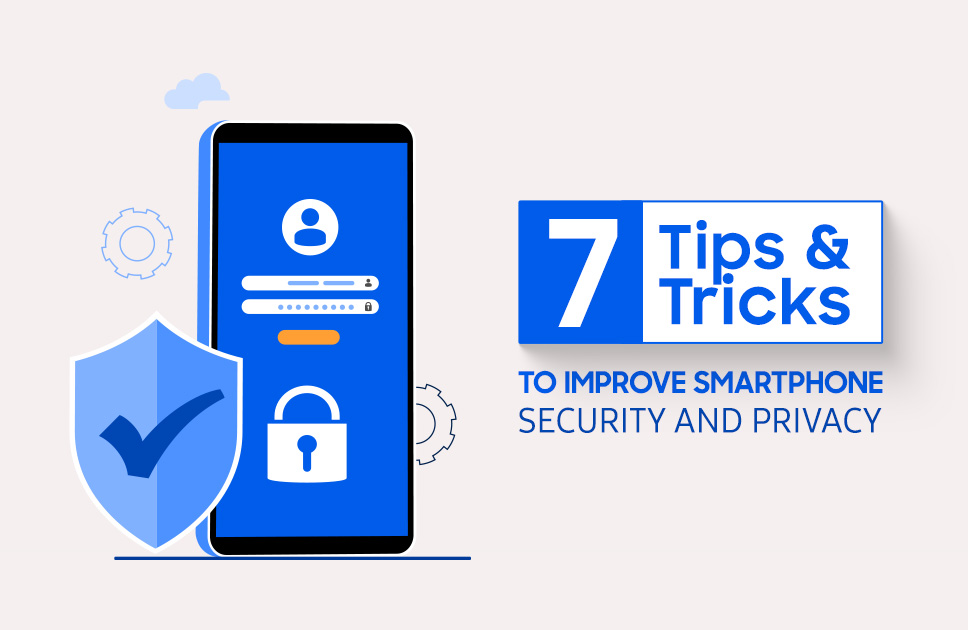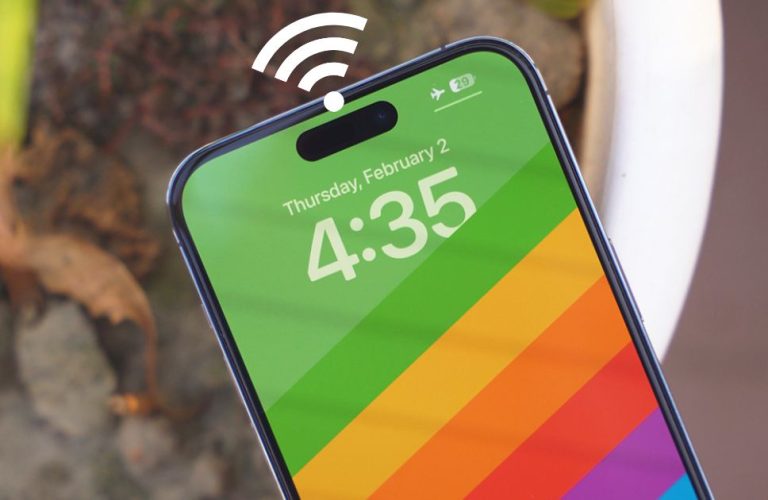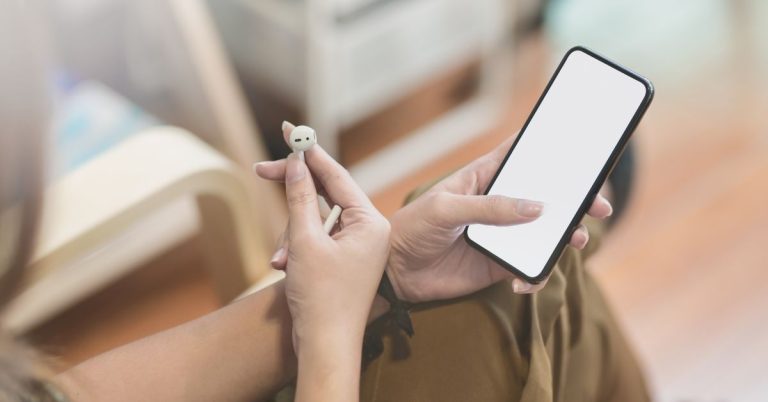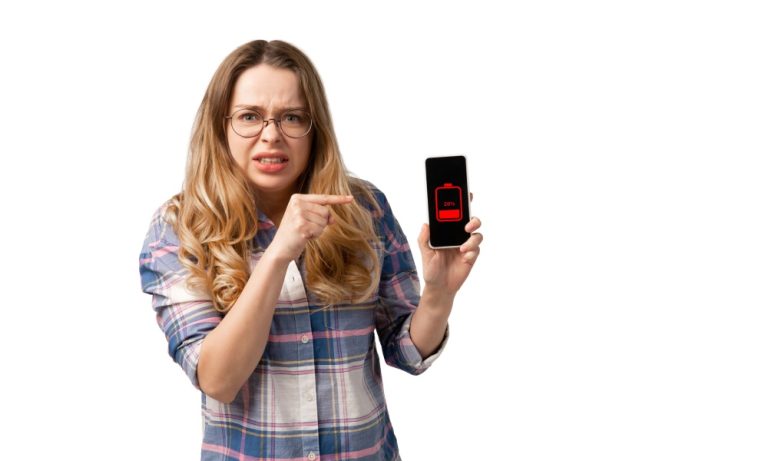Tips & Tricks for Improving Smartphone Security And Privacy: Secure Your Device Now!
Smartphones have become our daily necessities nowadays, I mean literally you will find users’ positive reaction when they get their hands on a new smartphone. While still using these devices, we might face some unwanted problems. Like privacy issues, phone data gets stolen or hacking attacks through emails.
So, as smartphones have become an important part of our lives, storing all sorts of personal photos to sensitive financial information might be a bit hard sometimes.
As keeping this useful and confidential data usually becomes a prime target for hackers and scammers who often prey on unsuspecting, easy-going individuals.
Ensuring the security and privacy of your smartphone is crucial to protect your personal data from falling into the wrong hands.
Today, we will understand a little tips about how to protect your data further to remain safe. Before jumping right into the tips first let’s understand what’s the situation of Bangladeshi users.
Situation for Bangladeshi Smartphone Users
In Bangladesh, smartphone usage percentage of users has gone quite a lot higher from the past decade. However, many users remain unaware of the potential security threats that come with increased connectivity.
Bangladeshi smartphone users tend to be more interested in the smartphone itself and its design features rather than the security measures.
Although in reality, Scammers and hackers often target Bangladeshi users because they can be more trusting and less familiar with digital security features of a particular electronic device, and in this case a smartphone.
From phishing attacks to malicious unauthorized apps in popular websites, there are numerous ways that cybercriminals can exploit vulnerabilities to access sensitive information.
There’s also a vulnerability of getting your data stolen or hacked through your personal photos folder or google accounts by online blackmailers.
To avoid these major privacy situations, you might need good password settings for both your device and online portals as well. Now, let’s understand a few tips about increasing your smartphone security & privacy.
7 Tips for Increasing Smartphone Security & Privacy
Here are a few simple easy ways to secure a smartphone to stay safe from privacy attackers. Let’s find them out:
1. Use Strong and Unique Passwords
One of the simplest yet most effective ways to protect your smartphone is by using strong, unique passwords for your device and accounts.
Avoid using easily guessable passwords like “123456″ or “password.” Instead, opt for a combination of letters, numbers, and special characters. Consider using a password manager to keep track of your passwords.
And, if you happen to have multiple accounts for your google accounts or your phone, then you should use different sorts of password applications as well. As these third-party applications are well recognized for their greater protecting features for your important data. Some are given down below as example, they are:
- 1Password;
- Dashlane.
2. Enable Two-Factor Authentication (In Other Words: 2FA)
Two-Factor Authentication adds an extra layer of security to your accounts by requiring a second form of verification in addition to your password.
Specially if you are an android smartphone user, a two-factor authentication can really secure your Google account on an extra level.
This another level of security could be a text message code, an email verification, or an authentication app. Enabling 2FA can significantly reduce the risk of unauthorized access to your accounts. This also secures your whole Google eco-system and surrounding applications which you use on a daily basis.
To enable two-factor authentication, you can check out support.google.com website.
You can also go to this site to secure your account, by searching on google this specific keyword: “ Two Factor Authentication Google Account”. Click the support link that google provides in Google’s search engine.
3. Regularly Update Your Software
We all know how software updates can be boring and pretty hectic sometimes. As all the day needs to be downloaded first and then at a specific time, you might have to update them to keep your device updated.
Do remember that, software updates often include patches for security vulnerabilities that have been discovered. Regularly updating your smartphone’s operating system and apps ensures that you have the latest security features and protections. Set your device to update automatically to stay current with these updates.
To check your device’s updates follow the steps down below:
For iOS Users:
- If you are an iOS or Apple devices (iPhone, iPad) user, go to your settings app;
- Then click on the General option;
- Now Click on Software Update;
- Later, tap “Automatic Updates”, then turn on Download iOS Updates;
- Turn on Install iOS Updates.
Now, your iPhone will automatically update to the latest version of iOS or iPadOS.
For Android Users:
- Go to your android phone’s Settings application;
- Tap System and then Software update;
- You’ll find your update status. Follow any steps on the screen.
Do remember, if you have a Pixel smartphone, it may say “Software updates.“
4. Be Cautious with App Permissions
In our day to day smartphone usage, we always use a lot of applications and download a a lot of types of applications. They may be with or without any actual needs, although it Is important to check if that app is from a verified publisher or developer.
And, if you have already installed them, then pay attention to the permissions they request. Some apps may ask for “access to data” or features that are unnecessary for their function.
Limiting app permissions can reduce the risk of apps accessing your personal information. Review permissions regularly and revoke any that seem excessive or suspicious.
5. Avoid Public Wi-Fi for Sensitive Transactions
When roaming around in cities and traveling, using public Wi-Fi is a common habit between us. In reality, public Wi-Fi networks are often less secure than private ones, making it easier for hackers to intercept your data. Avoid conducting sensitive transactions, such as online banking or shopping, over public Wi-Fi.
If you must use public Wi-Fi, consider using a Virtual Private Network (VPN) to encrypt your internet connection. You can also use few VPN or Virtual private network to secure your smartphone from
online attackers. Some renowned vpn apps are given down below for your help:
6. Install a Trusted Security App
A good security app can help protect your smartphone from malware, phishing attempts, and other threats.
- Look for reputable security apps that offer features like real-time protection;
- scanning for malicious apps;
- theft prevention tools (Find My feature);
- Regularly scan your device for any potential threats.
Here are few steps to enable “Find My” feature on your android or iOS smartphone:
“Find My” For iOS Users:
- Open the Settings app.
- Tap your name, then tap Find My.
- If you want friends and family to know where you are, turn on Share My Location.
- Tap Find My [device], then turn on Find My [device].
- To see your device even when it’s offline, turn on Find My network.
Note: To have the location of your device sent to Apple when the battery is low, turn on Send Last Location.
“Find My” For Android Users:
- Check that Find My Device is on
- On your device, open Settings.
- Tap Google and then All Services (if tabs exist) and then Find My Device.
- Check that “Use Find My Device” is turned on.
7. Be Aware of Phishing Attempts
Phishing attacks are designed to trick you into providing personal information by posing as a legitimate entity. These attacks can come in the form of “Advertisement emails, text messages, or even phone calls, and even Whatsapp messages from unknown contacts.”
Be cautious of unauthorized communications and avoid clicking advertisements or attractive ad links on websites or providing personal information unless you are certain of the sender’s identity.
Verdict
For the last few words, it’s an obvious question which knocks in our head, how to stay safe about keeping our personal data private. Well, now you know a few tricks and steps about keeping your data and your personal files protected.
By following these few important smartphone securing tips, you can significantly enhance the security and privacy of your smartphone, protecting your personal data from hackers and scammers.
Staying alert and proactive about your personal smartphone security is essential in today’s digital world. For more useful information about keeping your smartphone safe, stay tuned with Apple Gadgets Blog page and keep up with the latest tips and updates about your device.

Rabbi Rahman enjoys talking about tech, gadgets and especially smartphones. He’s been writing about them for four years . His favorite topic is discussing innovations in devices, engaging in conversations with others who share his passion for technology.






